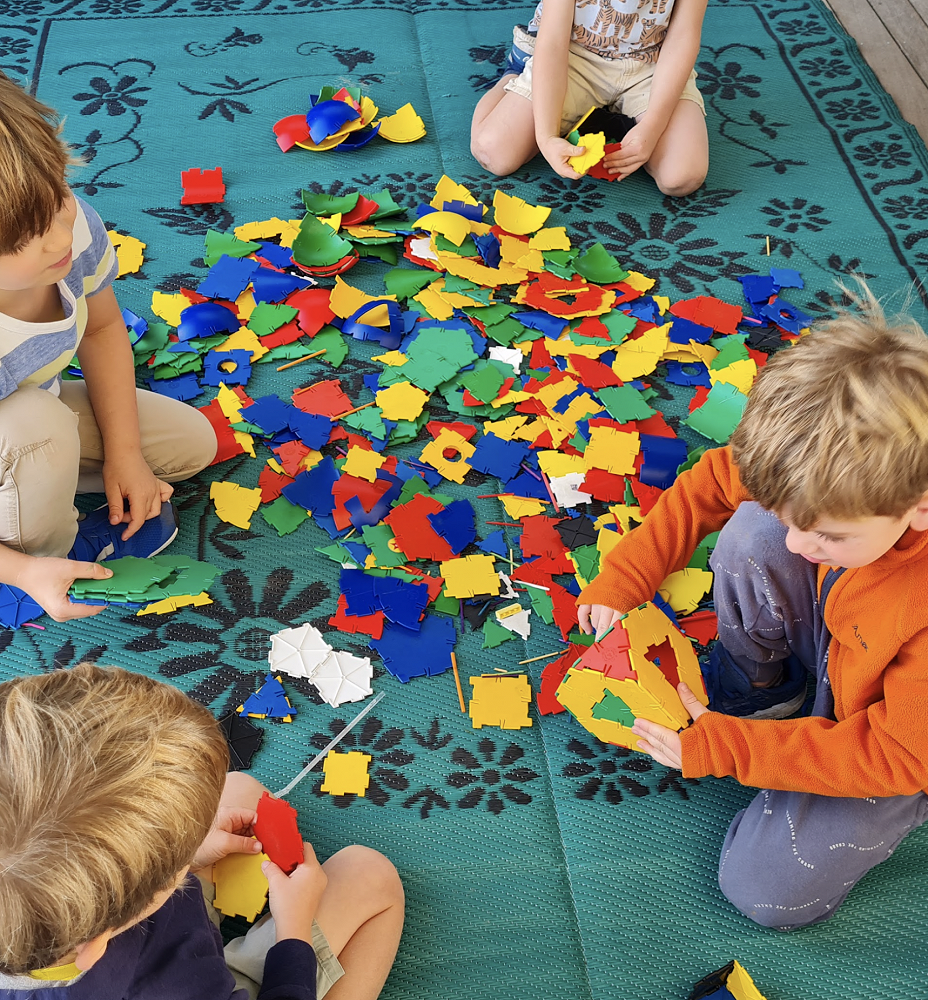
Maths Parent Evening- Follow up
Below are answers to the questions from the Maths Parent Evening held earlier in the year.
How much is IXL being used in class? Should we be doing it as part of their homework?
In year 3-4 it is used as part of a maths rotation i.e. if a group has been at a workshop with the teacher, the next maths session they might do a follow-up session on the same skill on IXL e.g. using repeated addition or multiplication to find the area of a shape. It may also be used for maths maintenance e.g. if we are focussing on multiplication at the moment, there may be some addition and subtraction lessons assigned since this was the topic the term before, and we want to keep that knowledge being practised.
In term 3, IXL will be assigned as homework Ropu Pihinga / Year 3-4 students.
In year 5-6, some teachers use it extensively in class and some assign it as homework - it works out that it is used about the same amount.
2. What about kids who just love numbers and their abstract power. Is relating everything to real world problems doing them a disservice?
Excellent question! Within your child's maths programme there is a lot of opportunity for students to 'notice and wonder' which is what the best practice, global maths pedagogy is all about. We recognize that algebra and patterning are amongst some of the most important aspects of maths and it is within these areas that the amazing 'abstract power' of numbers can be explored. At all stages, there is the opportunity to wonder and explore.
When we say that we relate maths problems to real world situations we mean that we are making connections between the students’ interests and maths. This might mean the problem is based around saving up their pocket money for a new bike, or it might mean that they are looking for the number of legs they can see on an alien planet. We might launch the problem with a funny video of aliens and then create a story where they are astronauts on a mission.
3. What are you doing to challenge and encourage children who are advanced at maths and love it?
Otago Problem Solving is available for those students who want to take part. As part of our maths programme in class, there are opportunities for more in-depth problem solving and exploration that may be carried out over a number of days.
4. How do you test progress against National Standards / Key milestones with this new method of learning?
We still assess number knowledge and strategy along with the dispositions of a mathematical problem solver. Twice a term we assess students solving a problem as they would do in problem-solving groups, but at these times they work alone. We assess the area of maths that we are studying, number knowledge and strategy using the maths stages of the curriculum. It makes sense because we are assessing what we have been teaching. We also observe maths problem-solving dispositions which are also taken from the curriculum. This is supplemented by observations in the classroom and by standardised testing such as PAT and e asttle tests.
